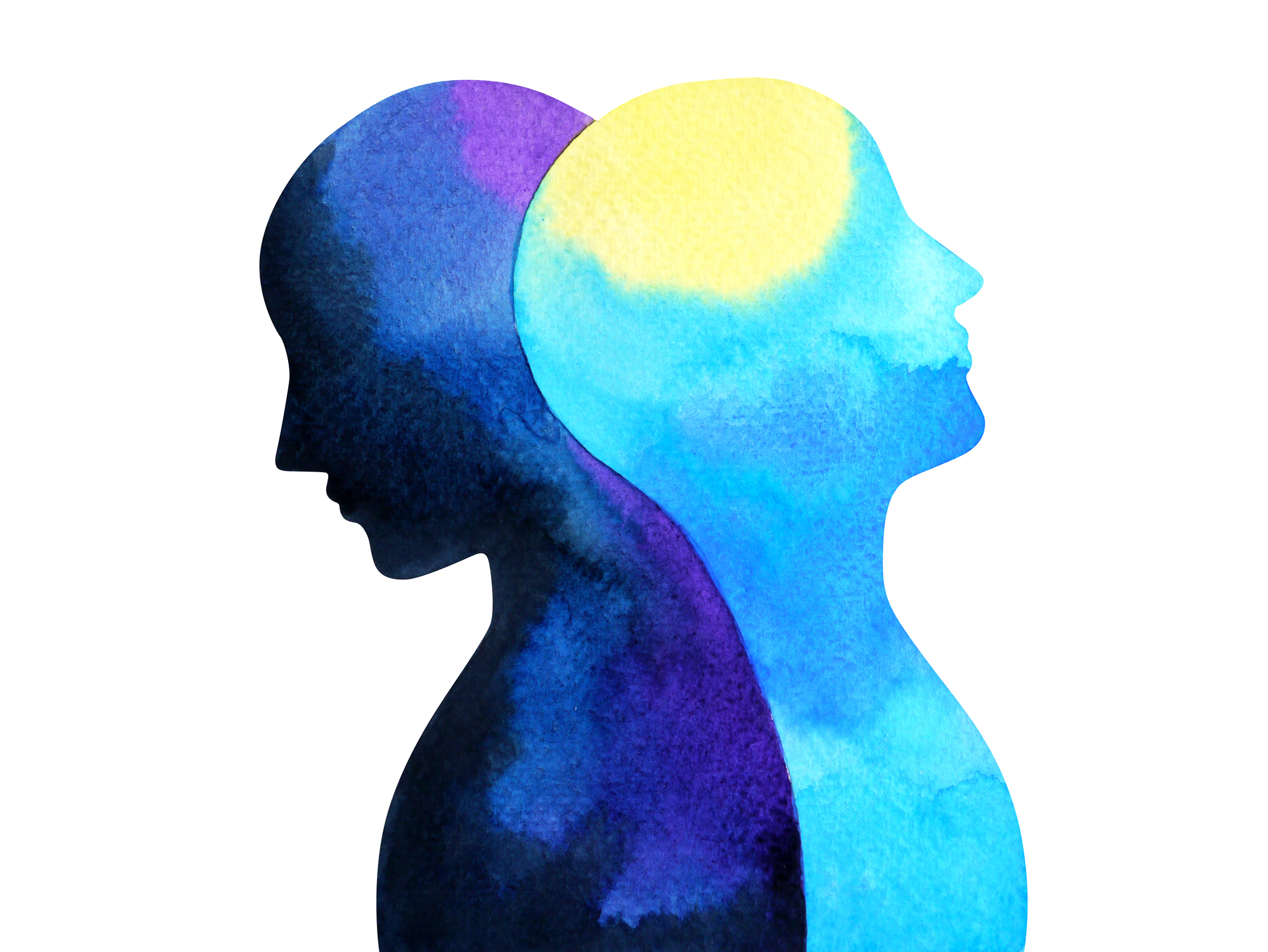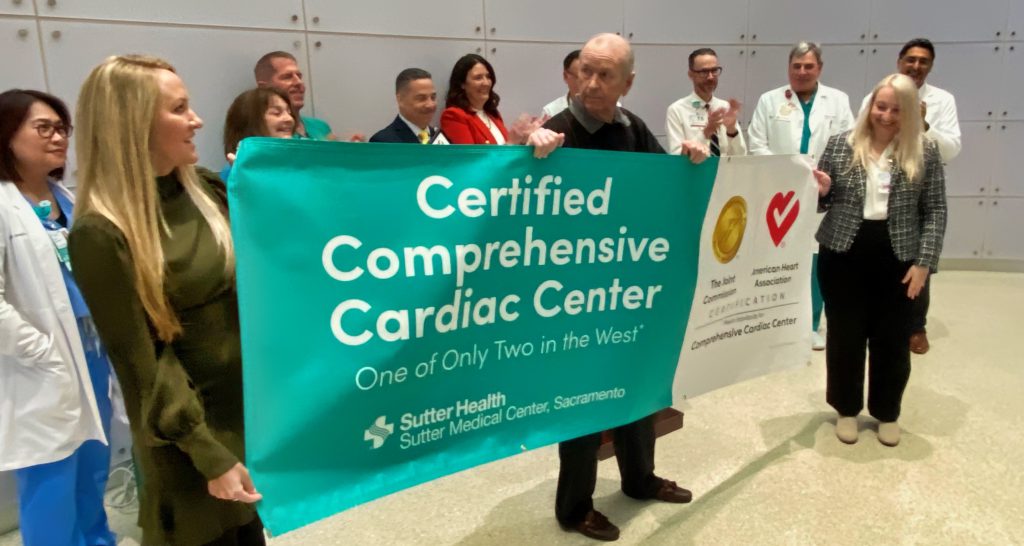As we observe Mental Health Awareness Month, we feature the personal story of Tracy Messenio, CEO of SutterSelect and vice president of Total Health & Productivity Management. She leaned on mental health resources available at Sutter during a challenging time within her family.
Sometimes, the closer a person is to us, the more difficult it is to identify they may be going through a mental health challenge. Sometimes we miss—or even ignore—the signs. Sometimes we don’t feel comfortable enough to start the conversation. Yet, helping connect those we care about to the support they need can make all the difference.
That was the case with my son, Tyler. Although he was an adult who had moved out on his own, the signs should have been clearer to me. How did I miss them? Was I afraid to bring up what I was concerned about for fear it would push him away? I’m not sure the exact reasons, but I know now that he was reaching out for help. And when I finally realized the significance of his situation, he had hit rock bottom.
After turning to our Sutter Health Employee Assistance Program (EAP) for guidance and support, I am eternally grateful that the team was available to counsel me on the resources I should consider connecting him with the care and support he needed. They also coached me on how to have the conversation with Tyler so he would accept the care and support.
That was four years ago, and because my son was willing to accept the offer of help and embraced the support and treatment recommended, his life made a complete turnaround. I truly believe that individuals who are struggling with a mental health challenge want to be helped, are reaching out in different ways and are waiting for someone to support them.
Among the most important things we can do to support ourselves and those we care about are these:
• Understand the warning signs of common mental health conditions, such as depression and anxiety. The American Psychiatric Society provides a comprehensive list of the warning signs and treatment options for anxiety and depression.
• Learn how to talk with someone you are concerned about. The National Alliance on Mental Illness provides some tips on how to talk to someone about potential mental health issues.
• Know how to help them make the connection to clinical care and support. The National Institute on Mental Health offers a list of resources.
At Sutter Health we believe mental health is human health, it is an integral part of managing the overall health and well-being of our workforce and our communities we serve. In support of this principle, we provide a broad range of benefits and resources to our employees and their families:
• Sutter Health. We offer an Employee Assistance (EAP) program that has a library of online resources to support overall well-being, including recorded EAP webinars, videos, suicide prevention information, articles to increase resilience, among other timely topics. Employees can reach out 24/7.
• SutterSelect Health Plan. Members of our SutterSelect administered health plan receive comprehensive mental health benefits, along with a member portal to navigate resources and the support of MyQHealth Care Coordinators who can connect them to the right providers and resources for their needs.
• National Partners. Our Mental Health & Addiction Care team is partnering with well-known experts, providing resources to raise awareness around addiction through Shatterproof, suicide prevention with LivingWorks and resilience through SilverCloud. Shatterproof and LivingWorks resources are available to employees, clinicians and their families. SilverCloud is available to our clinicians and employees. Through our partnership with Mental Health America, our team can learn the signs of mental health challenges and how to respond.
I am so very proud to work for an organization like Sutter that understands the critical link between physical and mental health in an individual’s’ overall wellbeing. Not only that, but it is also an organization that invests in many wonderful resources to make that assistance readily available.

Tracy Messineo
These services are only effective if we make the connection. By understanding the warning signs, we can be proactive in connecting ourselves and those we care about to support services that can make a difference. If you are struggling with how to connect someone with support, reach out and connect. You can show you care and give them a list of resources. If you need help, talk with your primary care physician, reach out to your health insurance provider, find out what your county or state offers, tap into advocacy groups.
Don’t wait, make the connection now. It can be life changing.
Crisis Text Line
Text “HELLO” to 741741
The Crisis Text hotline is available 24 hours a day, seven days a week throughout the U.S. The Crisis Text Line serves anyone, in any type of crisis, connecting them with a crisis counselor who can provide support and information.





